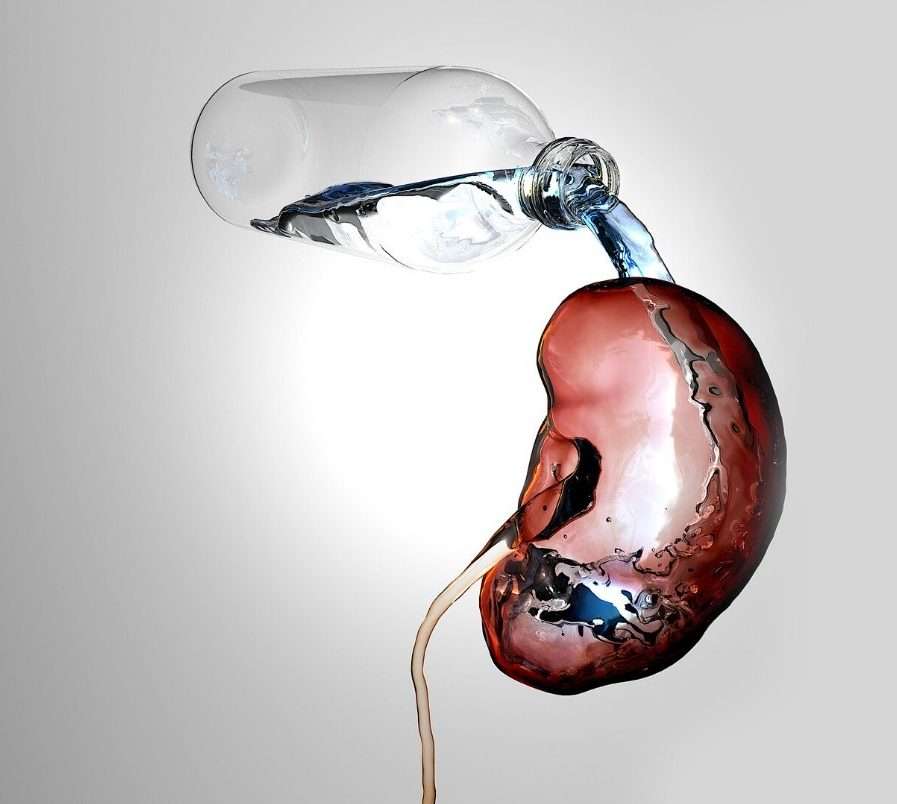
Diabetes is the inability of the body to create or use insulin, a hormone secreted by the pancreas that enables sugar or glucose to enter the cells. Diabetes is a severe, chronic metabolic disorder in which the body either does not produce enough insulin or does not respond to the insulin being produced.
There are several different forms of diabetes :
If you want to learn more about diabetes, please click on the patient resources provided below.
https://professional.diabetes.org/diabetes-support-resources
Insulin pump therapy, also called continuous subcutaneous insulin infusion (CSII), delivers insulin through a computerized system. This technique has been utilized in diabetic care for many years, primarily for patients with type 1 diabetes. However, it has been increasingly employed for patients with type 2 diabetes.
A continuous glucose monitor (CGM) is a device that regularly tracks your glucose levels and presents your blood sugar readings in a visual format. This helps to minimize or eliminate the need for finger testing of blood glucose. These devices empower individuals with diabetes to manage their condition more effectively and can significantly improve diabetes care.
Please click the link below to learn more about insulin pumps and CGMs.
https://integrateddiabetes.com/updated-insulin-pump-comparisons-and-reviews/
https://www.healthline.com/diabetesmine/an-insulin-pump-guide-diabetesmine#current-insulin-pumps
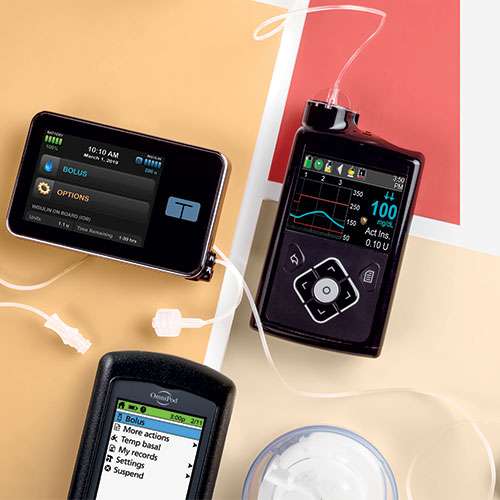
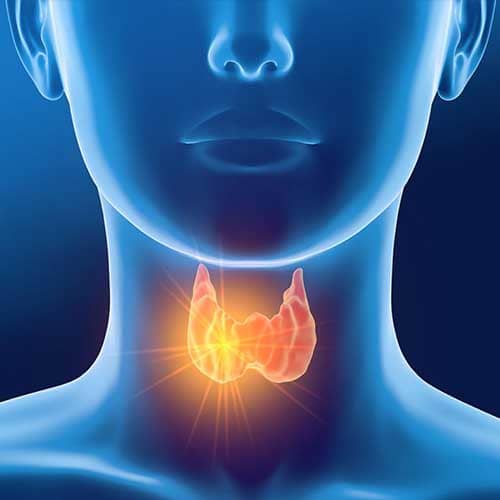
The thyroid is a butterfly-shaped gland located at the base of the neck. The thyroid produces hormones that regulate heart rate, blood pressure, body temperature, and weight. Thyroid conditions can cause patients to experience a wide variety of problems. The symptoms vary depending on whether the gland is overactive (hyperthyroidism) or underactive (hypothyroidism). Hashimoto’s disease, Graves’ disease, benign or malignant thyroid tumors, and enlarged or infected thyroid glands are all treated by endocrinologists.
To learn more about thyroid disorders, please click on the link for patient education below.
https://www.thyroid.org/patient-thyroid-information/
The adrenal glands release hormones crucial for health and sustaining life, such as cortisol, aldosterone, androgens, and stress hormones.
Adrenal insufficiency, cortisol excess, pheochromocytoma, and hyperaldosteronism are various adrenal gland disorders treated specifically by an Endocrinologist, endocrinologist.
If you want to learn more about adrenal disorders, please click on the patient resources provided below.
https://www.nichd.nih.gov/health/topics/
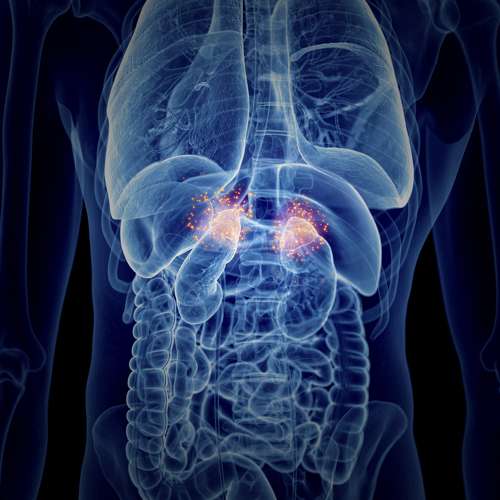

The pituitary, called the master gland of the body, produces several hormones that regulate other endocrine glands. When the pituitary produces too much or too little of these hormones, the imbalance can lead to many health problems, including growth disorders, infertility, menstrual disorders, and Cushing’s syndrome. Pituitary disorders may often be the result of tumors on the gland itself.
If you want to learn more about pituitary disorders, please click on the patient resources provided below.
Calcium metabolism disorders can lead to hypocalcemia, hypercalcemia, bone disease (such as rickets), and renal disease (such as impaired renal function). Symptoms of hypocalcemia include muscle cramps, muscle spasms, paresthesia, tetany, or seizures. These imbalances can cause osteoporosis and other bone disorders. There are several different forms of parathyroid and calcium disorders.
Please click on the following patient education link to learn more about your condition.
https://myhealth.alberta.ca/Health/
aftercareinformation/pages/conditions.aspx?hwid=uf8677
https://www.mayoclinic.org/diseases-conditions/hyperparathyroidism/diagnosis-treatment/drc-20356199

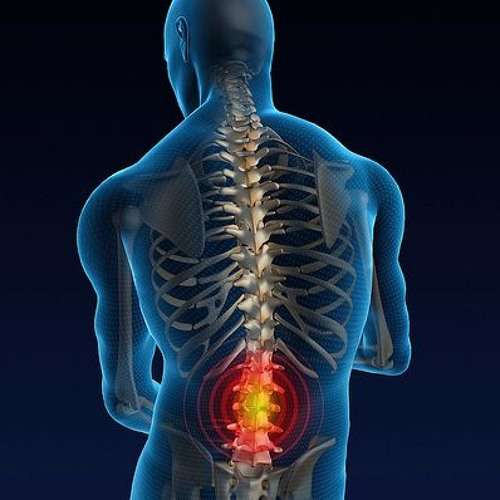
Osteoporosis is a bone disease that develops when bone mineral density and bone mass decrease or when the structure and strength of bone change. This can decrease bone strength, increasing the risk of fractures (broken bones).
Kindly click the link below to gain further knowledge about osteoporosis and maintaining good bone health.
https://aging.com/osteoporosis-defined-causes-symptoms-and-treatment/
Lipid disorders refer to abnormal levels of body fats that can cause elevated levels of LDL (bad cholesterol) and triglycerides in the blood. These disorders are associated with severe health problems such as heart disease, circulatory problems, and stroke. They may be caused by genetic predisposition, hypothyroidism, long-term steroid use, or metabolic abnormalities.
Endocrinologists possess a broad and in-depth knowledge of biochemistry and must stay current with current scientific research. As endocrinology advances, new and improved methods for treating endocrine disorders are being developed.
Below are helpful patient education links to help understand high cholesterol and its impact on health.
https://www.cdc.gov/cholesterol/index.htm
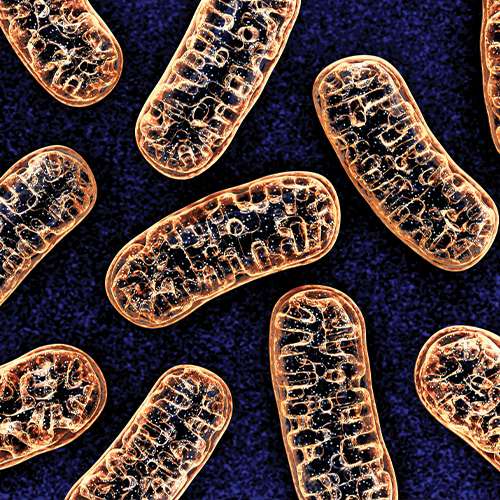

Male hypogonadism is characterized by a deficiency in testosterone – a critical hormone for sexual, cognitive, and body function and development. Clinically low testosterone levels can lead to the absence of secondary sex characteristics, infertility, muscle wasting, and other abnormalities.
To learn about the treatment of hypogonadism and its risks, please click on the link below.
https://medlineplus.gov/druginfo/meds/
The Endocrine Clinic offers evaluation and treatment for hormone-related illnesses that impact fertility and the female reproductive system. These disorders include amenorrhea, hirsutism, infertility, polycystic ovary syndrome (PCOS), premature ovarian failure, and symptoms experienced post-menopause.
To learn more about PCOS and menopause, please follow the link below for patient resources.
https://www.pcosaa.org/resources-1
https://www.acog.org/womens-health/faqs/the-menopause-years
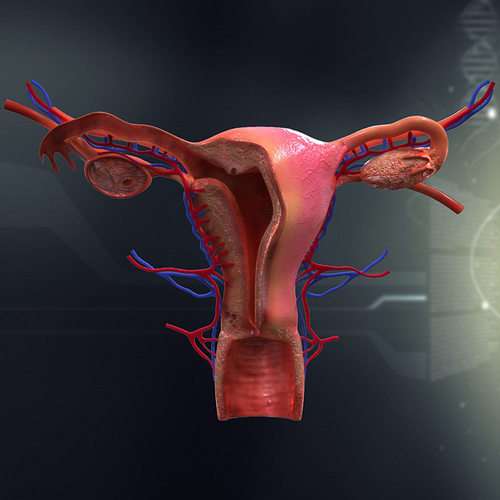

Obesity may result from several genetic, physical, and psychological causes, but in many severe cases, hormonal imbalances play a role in the problem. Endocrinologists are trained to diagnose and treat disorders of the adrenal, ovarian, pituitary, and thyroid glands that can contribute to obesity. Endocrinologists also diagnose other factors, such as insulin resistance, that can make obesity more likely to develop.
Patient resources are available to assist with obesity and weight management.
https://www.cdc.gov/obesity/resources/
https://www.rethinkobesity.com/advocacy-resources/obesity-resource-library.html
Diabetes insipidus is a disorder of water balance caused by the loss of water from the body in large volumes. This is caused by complete or partial deficiency of the hormone ADH. This can cause an imbalance of sodium. Patients seek the help of an endocrinologist to treat and manage diabetes insipidus.
If you want to know more about Diabetes insipidus and how to manage it, please click on the link below.
https://www.niddk.nih.gov/health-information/kidney-disease/diabetes-insipidus
